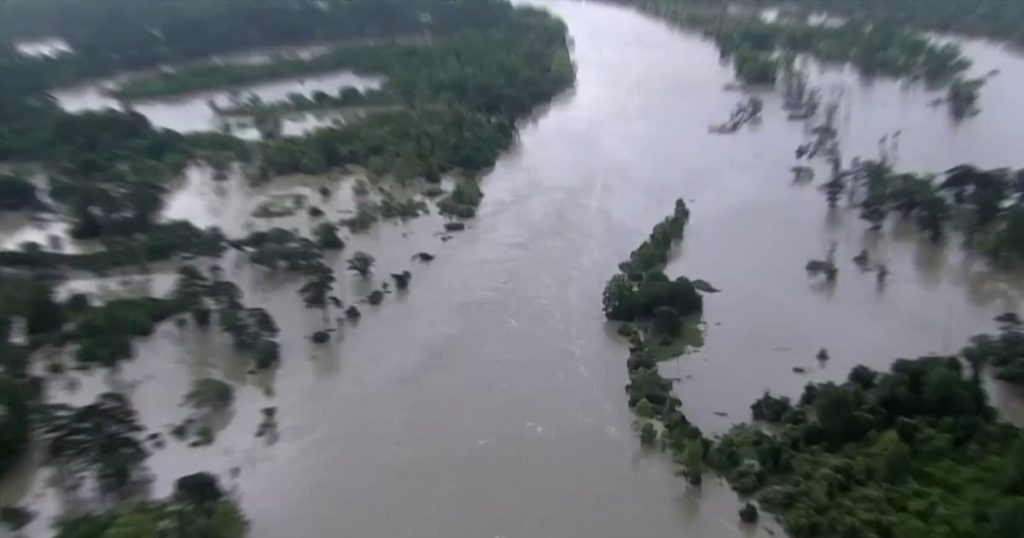Texas Governor Greg Abbott recently granted a pardon to a former U.S. Army sergeant who was convicted of murdering a protester during a Black Lives Matter protest in 2020. This decision has sparked outrage, with many questioning the governor’s motives and the message it sends regarding accountability for violent acts. The pardon comes at a time of heightened tensions over racial injustice and police violence, further amplifying the controversy surrounding the case.
In addition to the controversy surrounding the pardon, powerful storms swept through parts of Texas and the Gulf Coast, causing multiple deaths in the Houston area. Hurricane-force winds caused widespread damage and left hundreds of thousands without power. The devastating impact of the storms highlights the vulnerability of communities in the region to extreme weather events and the urgent need for infrastructure improvements to enhance resilience and response capabilities.
The pardon granted by Governor Abbott raises questions about justice, accountability, and the role of law enforcement in responding to civil unrest and protests. Critics argue that pardoning a convicted murderer sets a dangerous precedent and sends the wrong message about the consequences of using deadly force against protesters. The decision also raises concerns about political motivations and the governor’s stance on issues of racial injustice and police brutality.
At the same time, controversy continues to swirl around other high-profile events, such as a video allegedly showing Sean Combs assaulting his then-girlfriend in 2016 and a photo of an upside-down American flag at Justice Alito’s home sparking controversy. These incidents highlight the complex interplay of race, gender, power, and privilege in society and the ongoing struggles for justice, equality, and accountability across different sectors and institutions.
As the nation grapples with these contentious issues, stories of resilience and hope emerge, such as the world’s smallest pacemaker giving new hope to babies with heart defects and Asian American women excelling in professional golf. These stories serve as reminders of the human capacity for innovation, perseverance, and excellence, even in the face of adversity and injustice. They offer a glimmer of optimism amid the turmoil and challenges facing society.
In conclusion, the Texas governor’s controversial pardon of a man convicted of murdering a protester, powerful storms causing devastation in the region, and a slew of other high-profile events highlight the complexities and tensions present in society today. These stories underscore the ongoing struggles for justice, accountability, and equality that define our collective efforts to build a more just and inclusive society. As we navigate these challenging times, it is crucial to engage in critical dialogue, advocacy, and action to address systemic issues and support positive change for all individuals and communities.


